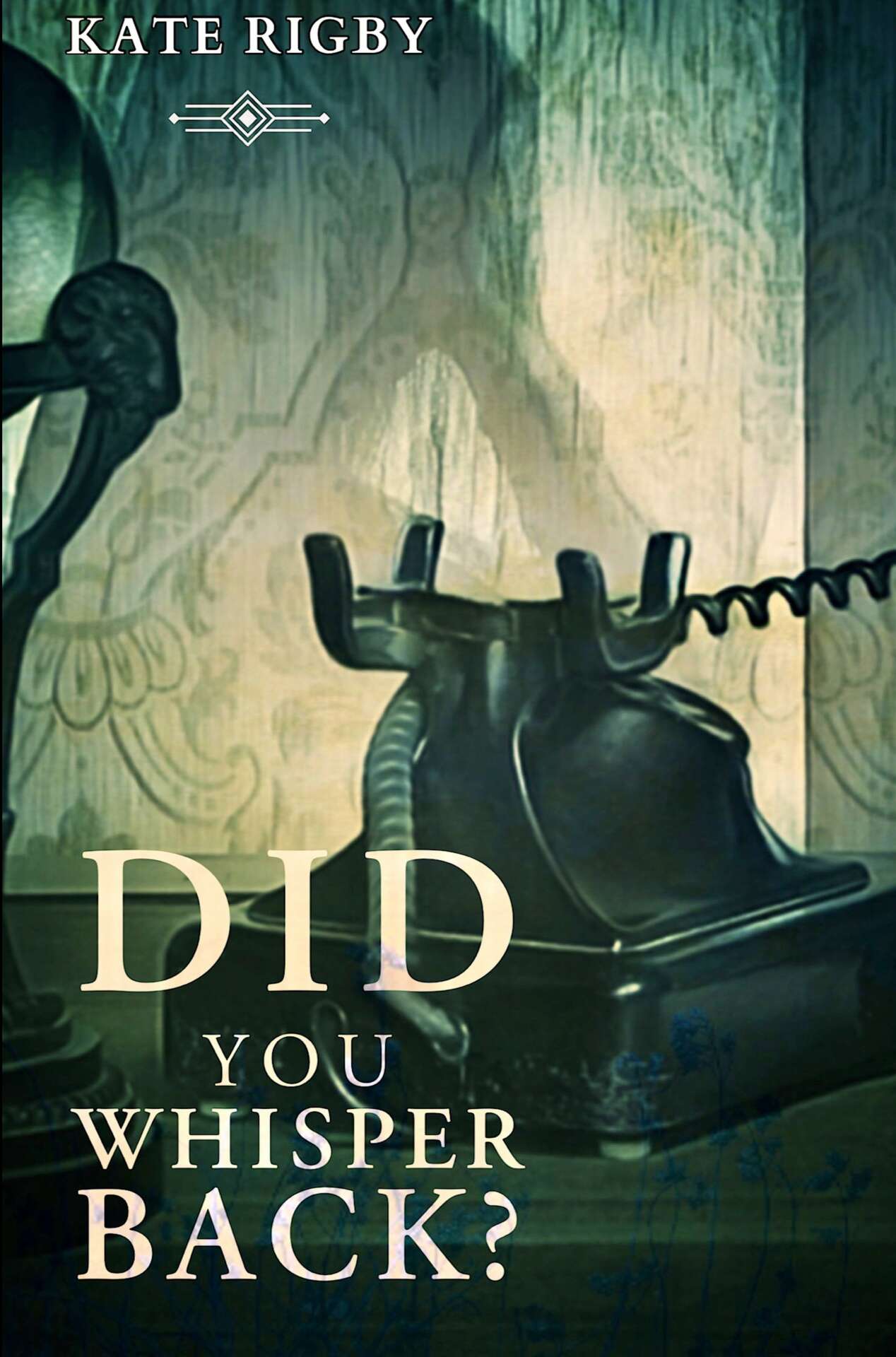We caught up with the brilliant and insightful Kate Rigby a few weeks ago and have shared our conversation below.
Kate , thanks for taking the time to share your stories with us today Are you happy as a creative professional? Do you sometimes wonder what it would be like to work for someone else?
I’m most happy when I’m creating. It’s a necessity not really a choice. I have done a fair few ‘regular’ jobs in my life, paid and unpaid and those have provided material for my writing. But I had to go give up work in that sense on health grounds. I do think of my creativity as work but the worst part about it in this digital age is having to do my own marketing and promotion which most indie authors loathe.


Great, appreciate you sharing that with us. Before we ask you to share more of your insights, can you take a moment to introduce yourself and how you got to where you are today to our readers.
I’m now in my sixties and began writing my first novel when I was just 19. My mum was writing a novel and went to a writing group so I picked her brains during my mid-teens. It took me five years to write the novel, it being my first, and although it didn’t get anywhere my second novel did. It was a diary of a punk. That was Fall Of The Flamingo Circus which was published in the UK first in hardback in 1988 and received a glowing review in The Times. I call that my 15 minutes! It was then published in paperback in 1990 (and reviewed in The Face amongst other smaller publications) as well in American hardback in the same year.
So began my writing career. I rewrote my first novel (now called Did You Whisper Back?) which was awarded a Southern Arts Bursary in 1991. An agent picked it up in 1993 but was unable to place it with a publisher. Undeterred, I carried on writing around my periods of employment, unemployment and voluntary work.
I spent many years in the wilderness although I continued to send out my novels constantly. By 2003 I was onto my 7th or 8th novel. I found a small press who liked my work and published several of my novels and I’d also amassed a few short stories too by this time. Another small press published a different novel of mine in 2007.
By 2010, ereaders, digital publishing and print-on-demand books had changed the world of publishing for good. I decided to embrace it in 2011 and have now upwards of 15 novels published, including previously published and unpublished work..
I have been writing for over four decades. I would describe many of my novels as edgy, hard-hitting and character-driven in which I sometimes play with form and style. I also write flash fiction, non-fiction, short stories and poetry, some of it published online. I’m currently writing my memoirs.
I was diagnosed with autism and ADHD late in life which has been life-changing. This explains so much in my life of work and creativity. I’ve begun a second blog called Authistic Words to chart this journey and began doing videos on TikTok a year ago.
I’m also a M.E. and Fibromyalgia warrior, a hyperhidrosis and migraine sufferer and have suffered lifelong anxiety.



For you, what’s the most rewarding aspect of being a creative?
It’s definitely the process. It probably changes the brain chemistry or releases endorphins. It’s very satisfying to see the end product and get readers appreciation. But the process and the doing of it has to be the most rewarding. I suppose it’s like an addiction, without the damage, but other creatives will say similar. If you can’t do it for a few days for whatever reason you get withdrawal symptoms.



In your view, what can society to do to best support artists, creatives and a thriving creative ecosystem?
It’s a sad reality that investment in the arts is often one of the first to be cut back by governments. Artists need money and for their work to be recognised and appreciated as a valid enterprise. I believe in a Citizens Income or Universal Basic Income so that everyone can have their basic needs met. Too many people have to jettison their creative dreams or passions because they have to scratch a living or their business isn’t seen to be ‘financially viable’. Since being diagnosed with autism I realize that work in the traditional sense of going out and fitting into a regular structure doesn’t fit with the autistic and/or creative mindset. The artist – especially the disabled one – needs reasonable adjustments and inclusive practises. Too many times I see publishers calling for authors who are able to network in society or have a certain extravert personality type (even though most authors do not!) or inviting authors to book fares, readings etc at public events. Even post-covid. This excludes all housebound or semi-housebound authors. Covid has changed things, sure, but in some spheres these changes were only temporary until the world could get ‘back to normal’. Society needs to be more inclusive, including online events and other virtual opportunities especially for disabled authors and artists.
Contact Info:
- Website: https://[email protected]
- Instagram: https://instagram.com/kate_jay_r
- Facebook: https://www.facebook.com/authorrigby
- Youtube: https://youtube.com/@TheBubbity
- Other: TikTok: https://vm.tiktok.com/ZGJTtmSAk/
- Goodreads: https://www.goodreads.com/user/show/4768025
Image Credits
Savage To Savvy cover designed by Jessica Bell. The rest of the images are.designed by me and adapted from royalty-free stock images and mentioned on the inside covers of the respective books.


